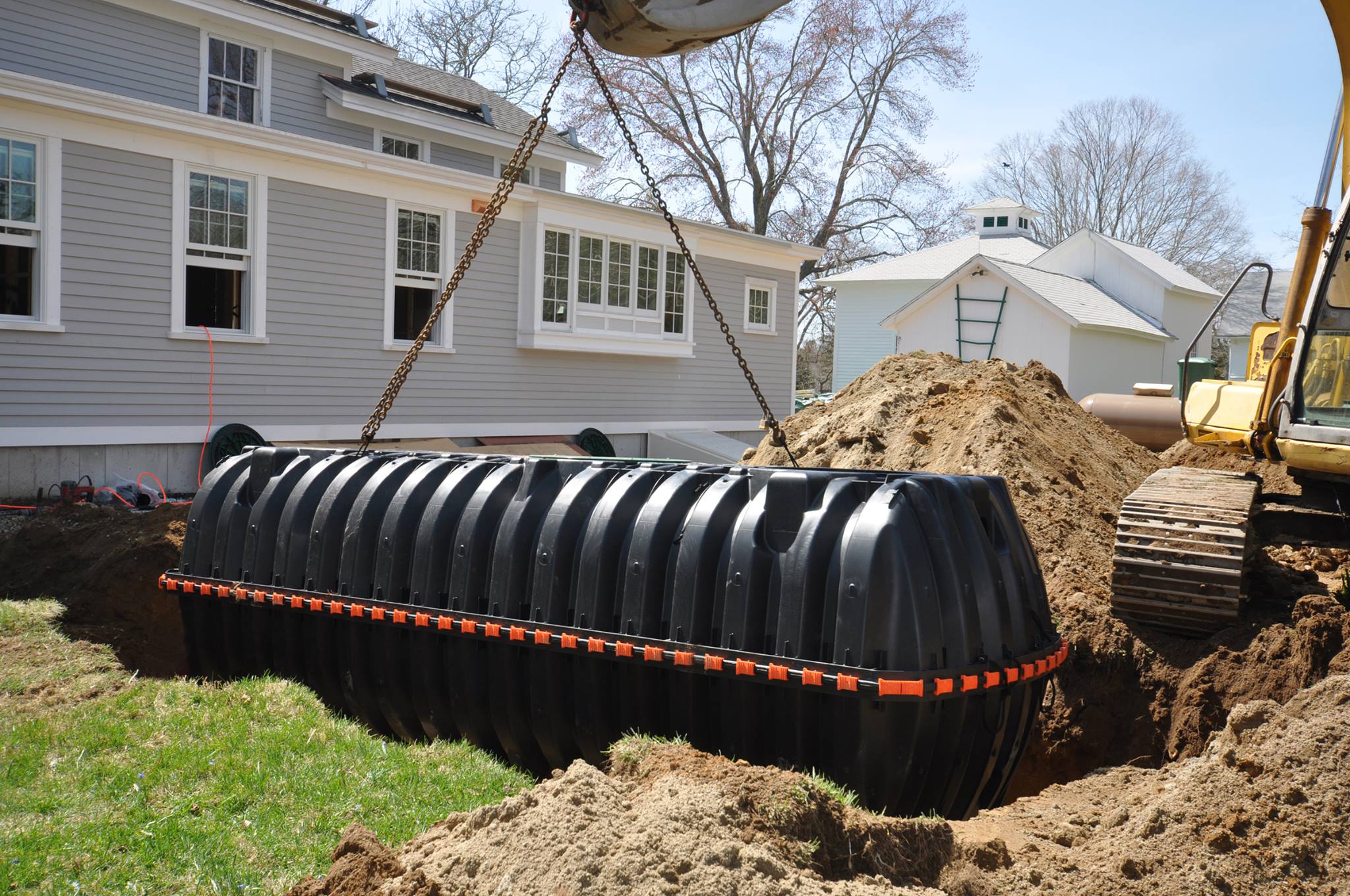The expense of a septic system is a crucial factor to think about for New Hampshire property and home homeowners when it comes to replacing or installing an septic tank. Being a resident of the Granite State comes with many benefits, but one the disadvantages is the possibility of costly maintenance expenses due to unpredictable weather conditions and the steep terrain. The good news is that knowing the amount you will spend on septic system construction or replacement will allow you to budget appropriately and ensure that you’ve got everything in place in the process of completing this important home improvement project.

Septic systems can be used to process wastewater in New Hampshire. They are particularly prevalent in rural areas, where there aren’t municipal sewer systems. However, new septic system cost can vary depending on several factors, such as the size of the property, the soil condition, and the type of system chosen.
Septic system installation cost
Installing a septic tank within New Hampshire may cost anywhere from $5,000 to $15,000. It is contingent on the size and type of property, soil conditions and also the system. The average price for a standard septic installation is roughly $8,000.
A standard septic system typically includes a septic tank, as well as leach field. The size and shape of the tank will be determined by the amount of rooms in the house and the expected water consumption per day. A bigger property or higher water usage will require a larger tank and leach field, which will increase the price of installing.
New Hampshire septic installation costs can also be affected by the condition of the soil. If the soil is rocky or too saturated with water, it could need additional excavation and preparation, which will raise the cost.
The cost for replacement of an sewer system
Septic systems can last between 20 to 30 years. The cost of replacing the New Hampshire septic system can vary between $10,000 and $30,000. This is contingent on factors like the size of your home, the kind of system that you have, and the conditions of your soil.
It’s more expensive to replace a septic tank as it is to set up one as you must remove the existing system. Also, the cost of replacing a septic system can be contingent on the accessibility of the property and the extent of excavation and preparation that is required.
Maintaining a septic tank is costly.
The maintenance of your septic system is crucial for ensuring the system functions effectively and lasts as long as it can. Regular maintenance includes inspecting and cleaning septic tanks each 3 to 5 years.
The cost of septic maintenance in New Hampshire varies depending on the size of your tank and the location you reside in. The typical homeowner is likely to spend anywhere between $400 and $600 for inspections and pumping.
How can I reduce the septic system cost
There are many ways to save money when it comes to costs for septic systems. Here are some tips to cut down on the expense of a septic system in New Hampshire:
Choose the correct system for your needs. Septic systems come in many different types that include gravity-fed, pressure distribution and aerobic units. Choosing the right type of system for your property and usage of water can cut down on the costs of installation and upkeep.
Regular maintenance will allow you to avoid costly repairs or replacements in the near future. To ensure that your sanitation system is functioning in a proper manner, schedule regular septic inspections and septic tank pumps.
Conserve water: Conserving water will aid in reducing the load for the septic system, and extend its lifespan. Fix any leaks or running toilets, and use water-efficient appliances and fixtures.
Professional installation: While DIY installation of a septic system may appear to be a viable option, it can often result in expensive repairs and replacements later on down the time. Employing a professional for the installation of the system can help ensure it’s done correctly and efficiently.
The addition of a wastewater system can maintain your home in good condition. This is especially true for New Hampshire. The task can be accomplished without much trouble or expense with the help by experts in this field. By doing this, you will get higher performance from your septic system over the many years to be to. The investment will be worthwhile if they’re done properly. This will ensure that unpleasant backups and odors can be avoided. Upgrades to your septic system and other components will yield benefits in the long run with regards to efficiency. To ensure this, it’s important to partner with an experienced professional familiar with the regulations and terrain in order to perform the needed repairs and upgrades correctly, ensuring you get consistent, reliable service for years to come down the line.

